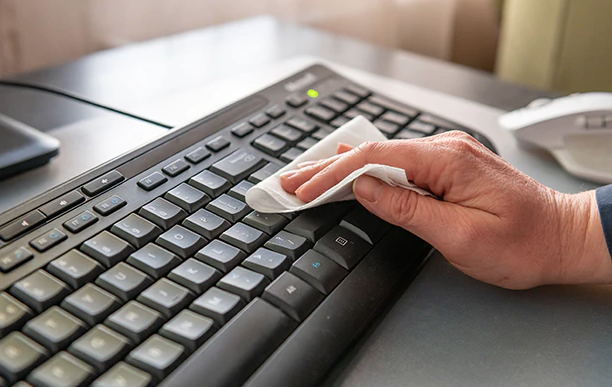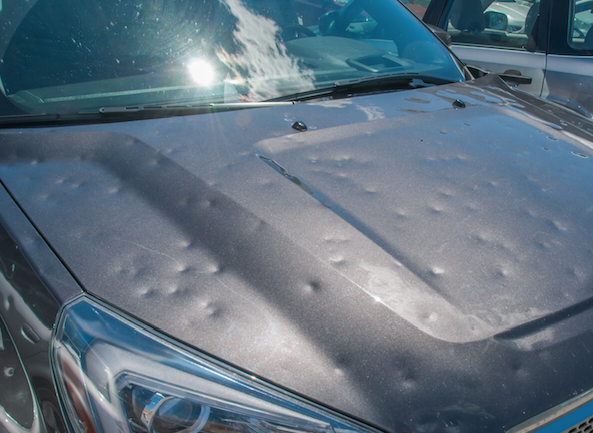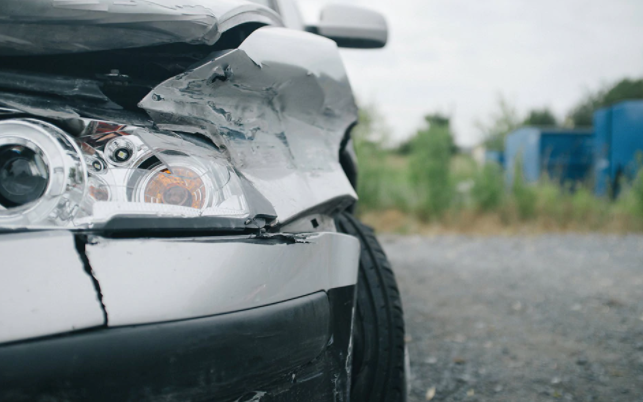Generator Safety
Storms or natural disasters can have the ability to knock your power out for an extended period of time. During an outage, portable generators can offer temporary power, but there are potential risks associated with the use of these generators. Generators can be dangerous, and can lead to illness and injury, and even death if used improperly.
When using a portable generator, it is important to take precautions for your safety and the safety of those in your home. Follow these guidelines for safe generator use:
- Read the manufacturer’s safety and operating manual before using your generator.
- Never leave your generator running when you are away from your home or business.
- Check your generator regularly during operation.
- Use caution when touching your generator as many areas become hot and can burn you.
Be Sure Generator is Connected Correctly to Avoid Electrical Hazards
Electricity supplied by a generator has the same hazards as your regular utility-supplied electricity. You can face additional risks if your generator bypasses safety devices, such as circuit breakers, that are built into your electrical systems. Travelers recommends contacting an electrical contractor or the generator manufacturer for the proper installation of your generator.
- Follow the manufacturer’s instructions for properly grounding your generator to help avoid electrical shock.
- Be sure your hands are dry and that you are not standing in water before touching the generator.
- Never plug your generator into a wall outlet.
- Plug appliances directly into the generator using manufacturer-specified cords or three-pronged extension cords with the proper amperage rating for the intended use.
- Be aware that portable generators become hot while running and remain hot for a significant amount of time after they are shut down, creating a potential fire hazard. Read Full Story




























